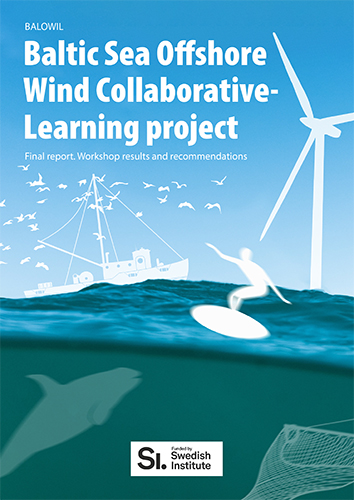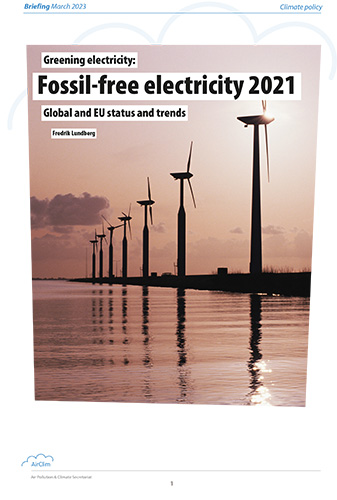
Greece and Spain still defaulting
Greece and Spain have still not reduced their emissions as required by the protocols to the Convention on Long Range Air Pollution
A few countries are still failing to comply with the emission reduction demands of protocols to the Convention on Long-Range Transboundary Air Pollution, and several countries are failing to comply with the obligation to report. This is apparent from last year’s review conducted by its Implementation Committee1, which was discussed at the convention’s
Executive Body (EB) meeting in December 2008.
Despite the sharp reprimands that were issued in 2006 and 2007 by the convention’s EB (which includes representatives from all the member countries), Greece and Spain have still not reduced their emissions as required by the protocols2.
Greek NOx emissions are still higher than they were in 1987, the base year for the 1988 NOx protocol. Greece expressed expectations to achieve compliance by 2010, but the Implementation Committee was not convinced this would actually happen, and concluded that the country’s responses to earlier EB decisions remained insufficient.
As regards nitrogen oxides (NOx), Spain has been in non-compliance for 14 years now, i.e. every year since 1994. Spain also failed to comply with the VOC protocol – it is still a long way from achieving the required 30-per-cent reduction. Spain has stated that it did not expect to achieve compliance with the NOx protocol before 2017 and with the VOC protocol before 2020.
The EB expressed increasing disappointment at the continuing failure of Spain and Greece to fulfil their obligations to take effective measures to attain compliance, and strongly urged both countries to implement the measures necessary to achieve compliance as soon as possible.
In addition, increased use of biomass for domestic heating has meant that emissions in Denmark of polycyclic aromatic hydrocarbons (PAH) continue to increase, which is not compliant with the emission reduction obligation in the Persistent Organic Pollutant (POP) protocol.
The EB expressed disappointment that Denmark has once again indicated that it will not achieve compliance for many years, and urged Denmark to speed up the implementation of planned measures and/or take additional measures as soon as possible to shorten the period of expected non-compliance.
As to the requirements to report on emission data and on strategies and policies for abating air pollution generally, the committee noted that despite a general improvement, several parties were still found to be failing to comply with their reporting obligations.
Christer Ågren
1 The eleventh report of the CLRTAP Implementation Committee (EB.AIR/2008/3). Can be downloaded from: http://www.unece.org/env/lrtap/
2 Under the 1988 NOx Protocol, countries agreed to restrict their NOx emissions to 1987 levels after 1994. The obligation under the 1991 VOC Protocol is for most countries to reduce their VOC emissions by 30 per cent by 1999, as compared to a base year, which in most cases is 1988.Tt

 Download this issue
Download this issue Draft new EU legislation that would limit harmful vapour emissions from petrol pumps was proposed on 4 December by the European Commission.
Draft new EU legislation that would limit harmful vapour emissions from petrol pumps was proposed on 4 December by the European Commission.










